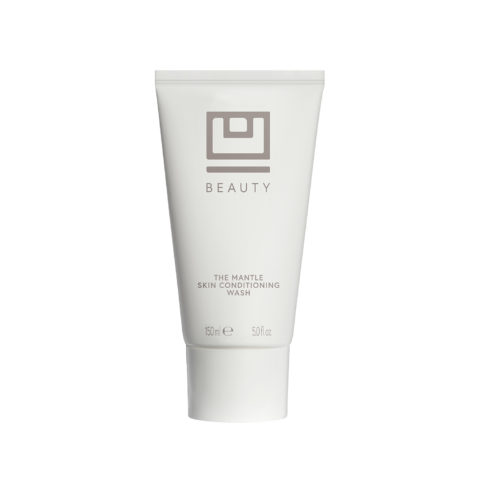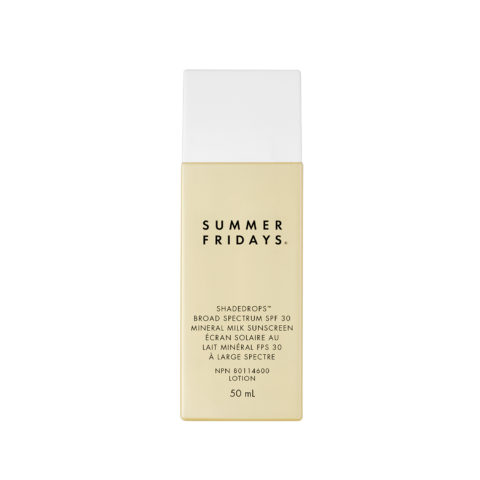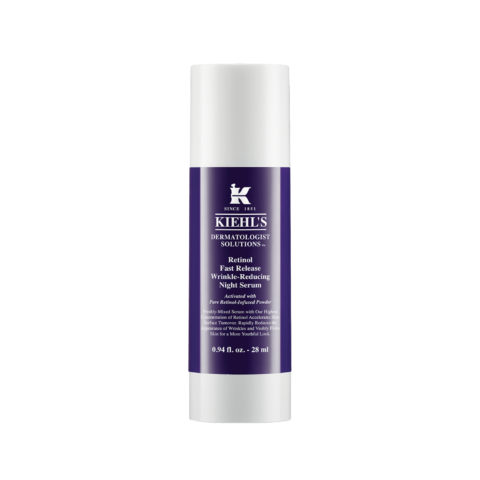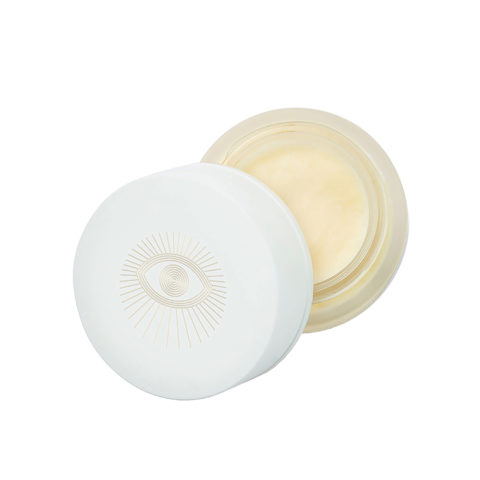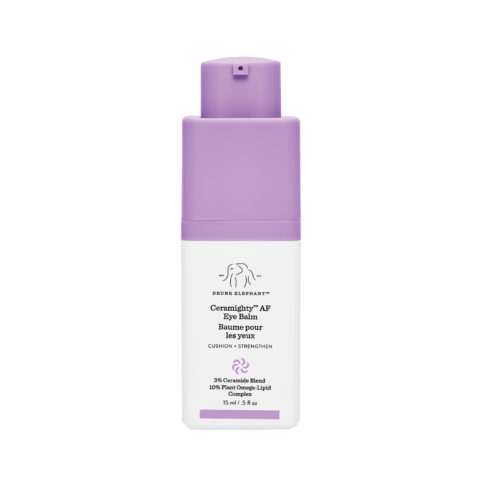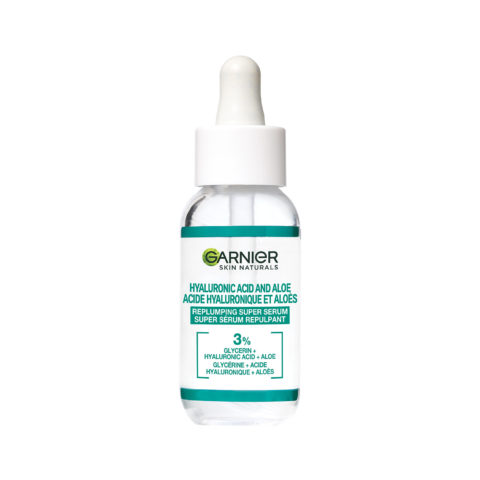Expert Skincare Tips for Facing Cold Winter Weather
From reviving dull skin to preventing dryness, here's what you need to know.
Whether you’re outdoors getting pummelled by the elements or inside with the heat blasting, four-plus months of freezing winds and low humidity levels wreak havoc on all skin types. Both environments can compromise your skin’s barrier, which is the outermost layer responsible for locking in moisture. “The level of dryness is determined by the quality of the barrier,” comments Dr. Danny Guo, a dermatologist based in Calgary. A weakened barrier opens the door to flakiness and irritation and can even trigger skin conditions like eczema and rosacea.
The good news? A complete overhaul of your skincare routine isn’t necessary. “Regardless of the season, you should stick to the same basic steps,” says Dr. Nazli Ghiasi, a dermatologist and the owner of MapleDerm in Vaughan, Ont. Gentle cleansing, hydration and sun protection are essential but can be expanded to include antioxidants, exfoliants and retinoids depending on your needs. While the blueprint of your daily routine might remain relatively the same, there are a few simple measures you can take to prevent dryness, irritation and redness before they rear their ugly, flaky heads.
Choose the right cleanser
As previously mentioned, maintaining the health of your moisture barrier is a must. “The most important component of having healthy skin, regardless of its condition, is to ensure that the skin barrier is intact,” Ghiasi states. Because winter weather conditions are slowly chipping away at your skin (a.k.a. zapping its moisture), lathering up with the right cleanser can help to maintain those all-important hydration levels. Ghiasi recommends swapping out any gel-based washes for a gentler alternative like a cream or foam as it will remove daily dirt and oil without stripping the skin.
Hydration is key
The thickness of your moisturizer is another key factor to consider if you want to take your winter skincare routine to the next level. “Choose moisturizers that provide more protection from the cold,” says Guo. “For the most part, thicker products such as balms and ointments are more protective than lotions and gels.” Lightweight creams are typically formulated with a high water content; this might sound good for your skin, but most of that water ends up evaporating. “Keeping the skin moisturized is more about retaining your natural water by enhancing your skin barrier than by externally applying water-based products,” he explains. Balms, ointments and oils often contain little to no water and have thicker textures and ingredient-rich formulas that act as protectants. If using a heavier product in your morning routine doesn’t feel right, try applying your go-to moisturizer and then layering a lightweight oil or balm over it to soften the skin and act as a seal.
Look for these winter skincare ingredients
Stacking your beauty routine with the right ingredients will ensure that your skin gets the nourishment it needs to make it through the winter unscathed. While it feels like there’s a buzzy new skincare ingredient trending on TikTok every week, there are a few tried-and-tested ones that both derms swear by. At the top of that list is ceramides. Naturally found in the outer layer of the skin, ceramides are fats and lipids that work to hold the skin’s cells together and keep the barrier intact. Using a moisturizer that contains this heavy-hitting ingredient is the number one thing you can do to set your skin up for success and help stave off an eczema flare-up. In addition to trusty ceramides, Guo mentions squalane as another barrier repair agent to look for, along with emollients like lanolin and petroleum jelly. He also recommends adding a hyaluronic acid serum into the mix as it acts as a humectant, drawing moisture into the skin.
Exfoliate with caution
Because skin is more likely to become compromised in the winter, if you notice any dryness, redness or irritation, dial back your use of actives (retinoids and exfoliants such as alpha-hydroxy and beta-hydroxy acids). “How frequently you exfoliate should depend on how your skin reacts,” says Guo. Using ingredients that can irritate the skin when you have existing dryness can be a recipe for disaster, especially if you’re new to using actives like salicylic acid and retinol. The best mantra? Slowly introduce them to your skin, and select products that have low percentages of active ingredients. Choosing a lower-dose retinol — say a 0.1 or 0.3 per cent instead of a 1 per cent — allows you to continue using the popular wrinkle reducer while minimizing the chance of irritation.
Say yes to SPF
While wearing sunscreen daily is a must, many skip this essential step once the summer sun fades. “One of the most common misconceptions is that there’s no ultraviolet radiation during the wintertime,” says Guo. While it’s true that UVB, the rays that are responsible for burning the skin, are less intense during the colder months, UVA is present year-round and contributes heavily to premature aging. Look for a sunscreen with an SPF 30 or higher that also contains moisture-replenishing ingredients like squalane and shea butter.
Here are FASHION’s top-recommended products for winter skin salvation:
This article first appeared in FASHION’s Winter issue. Find out more here.

